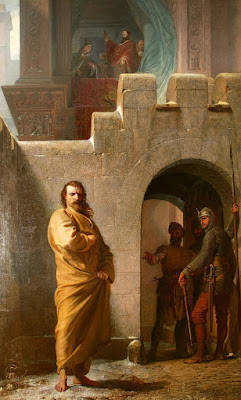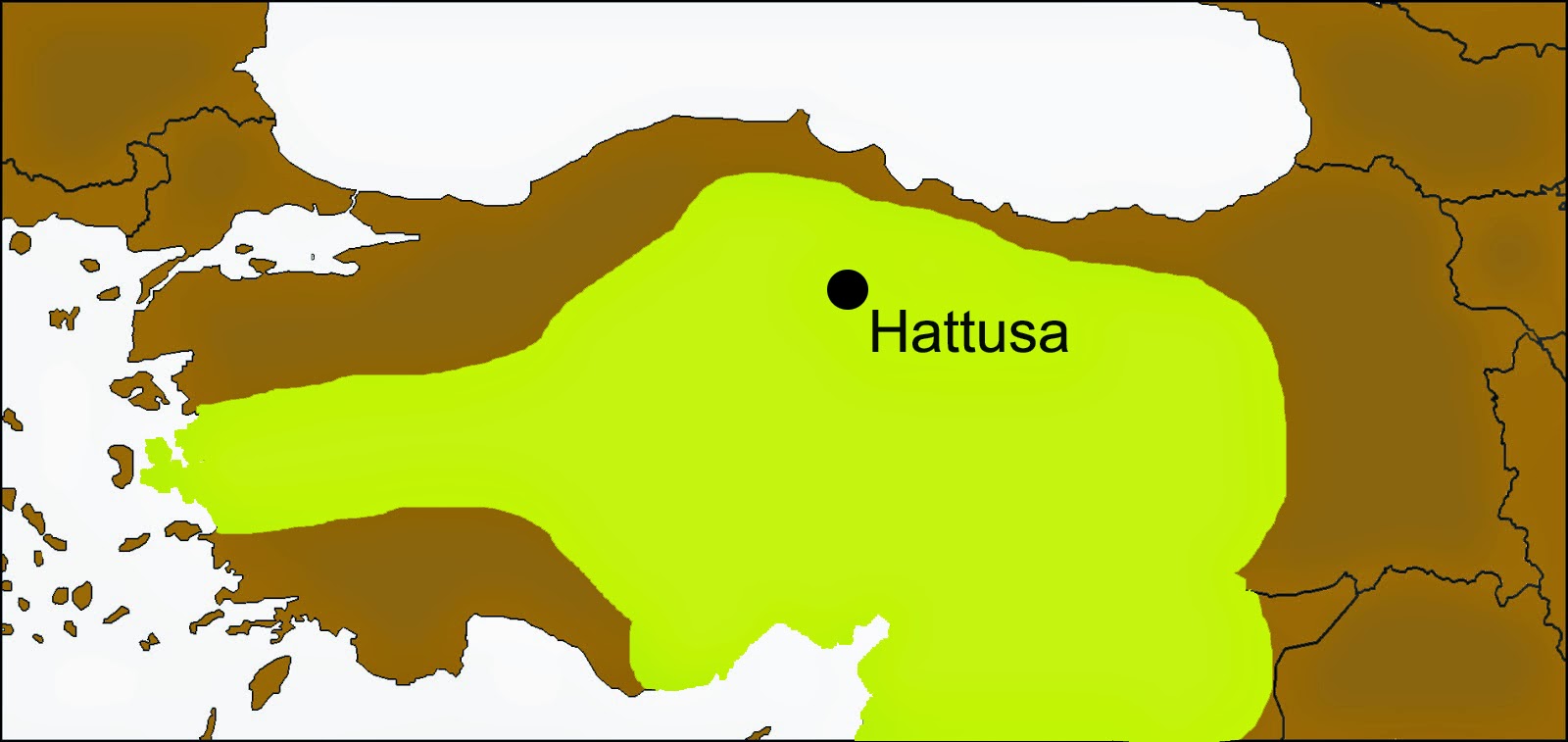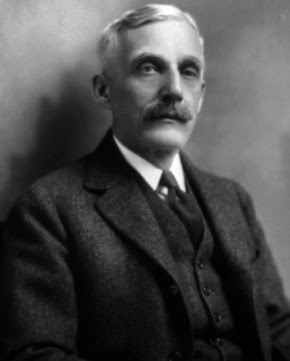Towards Revolution: Townshend Act
 |
| Charles Townshend |
Medieval Age Developments in Agriculture
 The backbone of the Medieval
Europe’s economy was agriculture. Most of the Europeans were farmers. Feudalism
was based on land as property used for farming in order to sustain the needs of
the nobles and the serfs themselves. The Medieval Ages was sometimes dubbed as
the Dark Ages, which was in reality not true. Innovations continued to be made
during this period.
The backbone of the Medieval
Europe’s economy was agriculture. Most of the Europeans were farmers. Feudalism
was based on land as property used for farming in order to sustain the needs of
the nobles and the serfs themselves. The Medieval Ages was sometimes dubbed as
the Dark Ages, which was in reality not true. Innovations continued to be made
during this period.Clash in Canossa
 |
| Henry at Canossa |
Hittite Innovation: Chariots
Mobile
warfare has been with mankind ever since horses and other fast or big moving
animals were utilized for battle. Horses were used for cavalry and served as
shock units. In the ancient world horses were not enough to win battles.
Kingdoms and empires back then needed more than just a horse in order to win
battles. The chariot was an innovation that brought to the front
line the efficiency of archery and deadliness of spear attacks in
fast speed. Among the most well-known civilization that developed the chariot
was the Hittites.
Askia Mohammad: The Zenith of the Songhai Empire
 |
| Askia Mohammad depicted in Civilization V |
The
Songhai people rose from the obscurity of the once mighty Mali Empire to become
the newest empire in the region thanks to the efforts of its founder Sunni
Ali. Sunni
Ali died in 1492, leaving his
son in charge of the Empire. However, it would be interrupted by the ambitions
of one of Ali’s most trusted general – Mohammad Ture or better known as Askia
Mohammad. This cunning and tenacious general would march the Empire into its
golden age.
Narai: Expansion and Tragedy
 |
| French depiction of King Narai |
During the 17th century, the
Kingdom of Ayutthaya (Ayudhya) saw an expansion of its foreign relations. At
the start of the 1600’s, Ayudhya had just reclaimed its position as a major
power in mainland Southeast Asia under its legendary King Naresuan. Then, about
fifty years later, the Kingdom would embark in expanding its reaches and
knowledge of the world. Under King Narai, Ayudhya would enter a period of
connecting with other Asian and European countries.
Hittites: The Great Civilization of Anatolia
 |
| Hittite Empire during its heights |
Sunni Ali: The Rise of the Songhai Empire
 |
| Songhai Empire |
Eye for an Eye - The Code of Hammurabi
 |
| Hammurabi |
Laws govern people. It set
the conduct of every individual in a land with a government. It prevents chaos
and anarchy. Law making had existed ever since man had begun to live together –
in a community to be precise. But codification of law begun much later. The
earliest form of law found by archaeologist was the Code of Hammurabi. The code
was instituted by the great king of early Babylonian Empire, Hammurabi.
Early Babylonian Empire
 |
Great Spurt - Industrialization of the Russian Empire
 |
| Sergei Witte |
The 19th
century saw the rise of the industrial world. New sources of energy were
discovered and harnessed to power new machines. Machines that began the
mechanized many processes and production of so many goods. It saw an evolution
in communication and transportation, allowing once isolated areas to become
connected with cities. New major cities rose and flourish as production and
transportation provided the wealth for it to develop. This events were felt
from the United States to Japan. But one of the late comers to the
industrialize world was the biggest nation in the Earth – Russia. But in 1890,
a decade before the turn of the century, it would begin to catch up with the
west in a modest but rapid phase of industrialization, known to many as the
Great Spurt.
Beer and Ancient Egypt
Other than the Sumerians, there was
another ancient civilization capable of producing and consuming beer. The
Sumerians were known as beer consumers. They produced it from the barley that
grew in the fertile lands of the Tigris and the Euphrates River. Women had the
monopoly of the beer brewing industry with the female goddess Ninkasi as the testament
to this dominance. However, the Sumerians were not just the drunkards of beer
in the ancient world. Just at the southwest of region of Mesopotamia, another
civilization flourish and proved to be another beer drinking civilization. The
Egyptians flourish for thousands of years. Its fertile lands were fit to
cultivate barley which was used to produce beer or what they called heneket or
booza.
Naresuan: The Rebirth of Ayudhya
 |
| Naresuan behind 50-Baht bill |
Andrew Mellon: Investor to Secretary of Treasury
 |
| Andrew Mellon |
Subscribe to:
Posts (Atom)
Popular Posts This Week
-
BASF Factory (1881) She emerged as the most industrialized country by the end of the 19th century. Germany surpassed the home of the i...
-
Emperor Meiji Japan’s independence came under threat from the increasing presence of westerners in Asia. In 1858, the ships of Ameri...
-
Bessemer Converter A process that change the world. It added steam to the already ongoing industrial revolution that hit the world. It...
-
Babur The Taj Mahal, symbol of the wealth and affluence of the Mughal Empire. Built by many workers for many years. Workers are fed fr...
-
Chandragupta II India occupies a large area of Asia. It is characterized as a sub-continent for its large territory. Alongside of its ...



.JPG)



